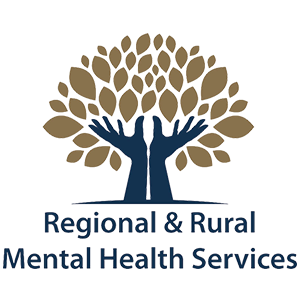Funding for Children with Special Needs
‘Special needs’ is an umbrella term used to describe a variety of conditions affecting people of all ages. The conditions it describes are related in that those with special needs require extra assistance and resources to live in ‘regular’ society. This extra help may be needed throughout a person’s life. In many cases, however, early intervention can be of great benefit as it equips those with special needs with the knowledge and skills they need to live more independent lives when they become adults.
Having a child with special needs can be challenging for parents and care givers. Many parents describe feeling overwhelmed when their children are first diagnosed. Even though most parents often know their children are ‘different’, obtaining a formal diagnosis can still be an emotional roller coaster ride. There may be a feeling of relief accompanied by fear of what the future holds for their child. Parents are faced with a plethora of choices and decisions to make regarding treatment, intervention and education.
For those with school age children education is understandably a major concern. Children with conditions such as Autistic Spectrum Disorder (ASD), Attention Deficit Hyperactivity Disorder (ADHD), Global Developmental Delay (GDD) and Sensory Processing Disorder (SPD) often find traditional mainstream schooling extremely challenging. These children often need extra supervision both in the classroom and playground to help them cope with the challenges of the school environment.
There is government funding available to help these children if parents and school administrators know which hoops to jump through. In Queensland, children must have their diagnosis verified by a Child Psychiatrist or Paediatrician. Schools are then able to access extra funding which is used to provide help and support to the child with Special Needs. The use of this funding is, however, far from transparent. There is no way for parents to know how much funding their child has acquired or how it is being spent on their child.
It is often the case that funding received by children who have a verified diagnosis is used to help children who have behavioural issues but not a verified diagnosis. This means children with a diagnosis are not receiving the full benefit of the extra funding they receive for their condition. This can be frustrating for parents who have usually spent a lot of money and time having their children diagnosed.
During my time working at Regional & Rural Mental Health Services I’ve heard many parents comment that they don’t want to put a label on their child. Having a formal diagnosis, however, is necessary if your child requires extra help at school due to a medical condition. It can also provide useful insight into why a child behaves the way they do. It is important, therefore, to have your child assessed by a qualified professional if you suspect your child could benefit from extra support from the school system. You will be helping not only your child, but also other children that rely on the extra funding they receive from the Government to assist them with their education.
